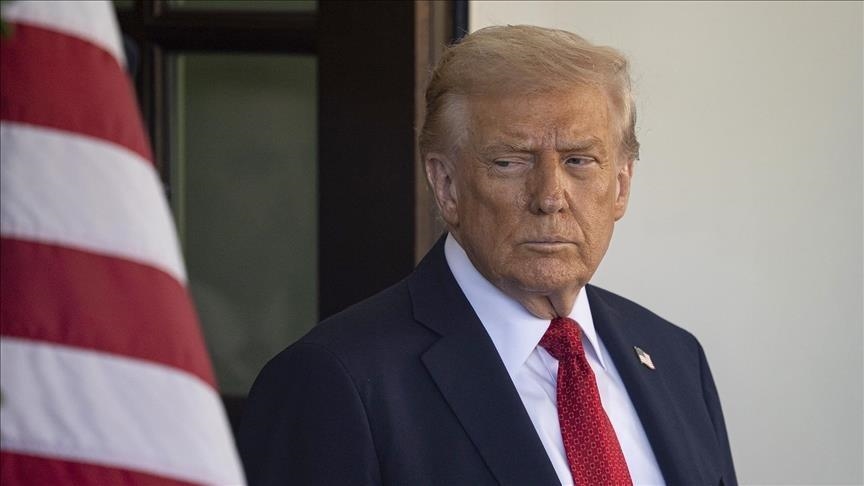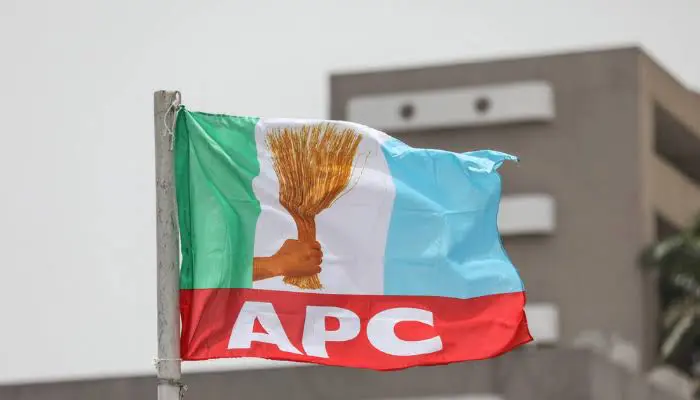The controversy surrounding Governor Hyacinth Alia’s fervent prayers during significant political events has sparked public scrutiny and provocation from fellow party members. Arch. Asema Achado, a notable figure within the ruling All Progressives Congress (APC), has openly criticized the Governor’s dedication to prayer over political duties, particularly in the wake of his favored candidate’s defeat in the Guma 1 State Constituency primary election.
In a scathing Facebook post, Hon. Achado ridiculed Governor Alia for being sequestered in prayer while crucial political events unfolded. He expressed bewilderment at the Governor’s attempt to annul a concluded election process, emphasizing the futility of such actions and questioning the rationale behind disrupting an established electoral outcome.
The primary election, intended to determine the party’s candidate to fill the vacant Guma 1 State Constituency seat in the State House of Assembly, culminated in a resounding victory for Hon. Uche Peter Terwase, who secured 25 votes, surpassing Governor Alia’s favored candidate, Hon. Maurice Orwough, who only managed to attain three votes. Despite the declared legitimacy and fairness of the election by the Prof. Kabiru Ibrahim-led committee, Governor Alia controversially moved to invalidate the results, citing alleged security breaches and irregularities.
This tumultuous turn of events has amplified existing tensions within the APC, as party members continue to express divergent viewpoints regarding the Governor’s interventions. The State Working Committee of the APC extended congratulations to Hon. Terwase for his triumphant performance in the primary election, thus further underscoring the divisive nature of Governor Alia’s actions.
Throughout these developments, a recurring theme emerges – the intersection of religious faith and political obligations. As the public spectates on this unfolding saga, questions loom over the delicate balance between spiritual practices and governmental responsibilities. Governor Alia’s conduct has ignited a fiery debate, prompting introspection on the appropriate allocation of time and attention between personal faith and public service.
Amidst this clash of ideals, the spotlight now shifts to the future trajectory of the APC in Benue State and the implications of Governor Alia’s controversial decisions. How these events shape the political landscape and influence public perception remains uncertain, marking a pivotal moment in the region’s political narrative.
The collision between prayerful governance and political stewardship continues to reverberate, leaving an indelible mark on the intricate tapestry of Nigerian politics.



